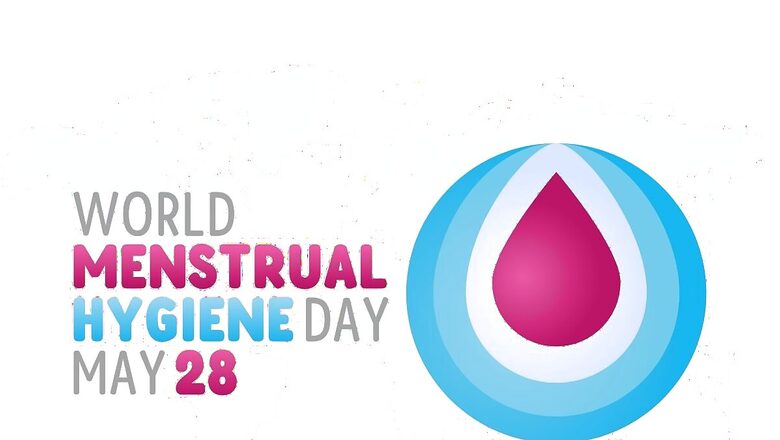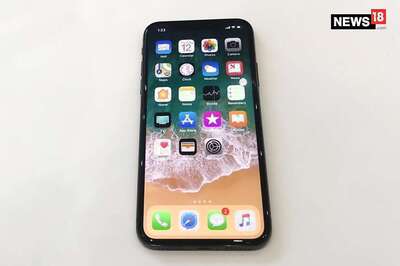
views
Menarche, or the onset of menstruation, is an important biological milestone in a woman’s life as it marks the onset of the reproductive phase of her life. Unfortunately, due to a lack of knowledge on menstruation preparedness and management or due to shyness and embarrassment, the situation becomes worse for girls. Menstruation is a natural process but it is still a taboo in Indian society as it is considered unclean and dirty.
Menstrual Health and Hygiene (MHH) is essential to the well-being and empowerment of women and adolescent girls.
Potential Risks to Health due to poor Menstrual Hygiene:
- Reproductive tract infections like foul-smelling vaginal discharge, vaginitis.
- Upper reproductive tract infections have the potential to cause infertility.
- Skin irritation and rashes over the perineal area due to infrequent changing of napkins or the material used.
- Toxic shock syndrome especially with the use of tampons.
- Urinary tract infections.
Do’s & Don’ts to Maintain Menstrual Health
Do’s
- Learn about different menstrual products to make an informed choice about what works best for you.
- Use menstrual products which are safe, economical, accessible and ecological in the long run. Switch over to menstrual cups. Remember it is ‘less trash, less cash, less rash’. It’s good for the planet and yourself.
- Change menstrual absorbents as required. Menstrual cups can be used for up to 10-12 hours. All other disposable or reusable pads or tampons need to be changed every 6 hours.
- Keep yourself well hydrated and take adequate nutrition.
- Physical activity need not be restricted. Continue routine workouts as individually tolerated.
- Shower daily and wash the perineal area every time you use the washroom.
- Wear light and breathable clothing, preferably cotton-made.
- Discard used disposable menstrual products properly – wrap them with toilet paper, a tissue, or other material and then toss them in a trash bin.
- When you go to the bathroom, wipe from the front of your body toward the back, not the other way. Use only water to rinse your vulva.
- Track and monitor your period. Your menstrual cycle is a valuable marker for your overall health.
Don’t’s
- Avoid using perfumed or non-perfumed perineal hygiene products or washes unless recommended by your gynaecologist.
- Avoid prolonged use of sanitary pads or napkins as it can result in infections.
- Avoid synthetic clothing.
- Do not flush menstrual products down the toilet.
- Don’t fall prey to various myths and wrong information.
A woman menstruates for approximately 40 years in her lifetime. It is time women started speaking about sustainable menstruation and reducing their menstrual footprint in the world by using reusable products.

















Comments
0 comment